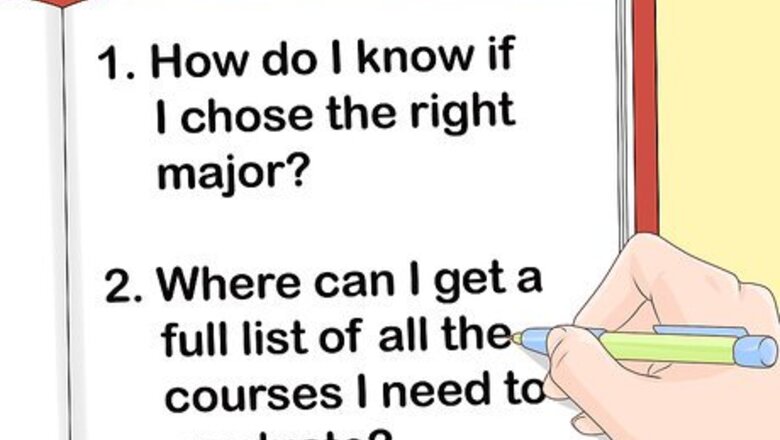
views
Preparing
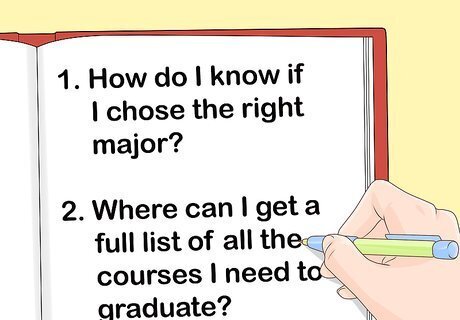
Write your questions. This step is crucial because you may forget your questions. When you write down your questions it gives you a head start on the following steps.
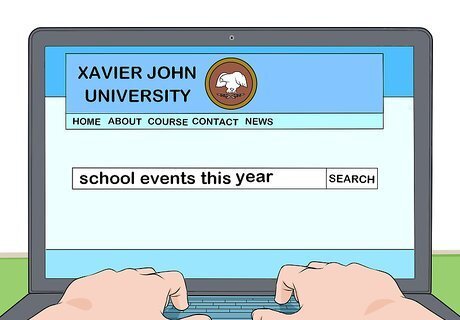
Find answers on the university website. Advisors do not like when their time is wasted. If a problem can be solved by just looking it up on the university website then you will save time for both you and your advisor.
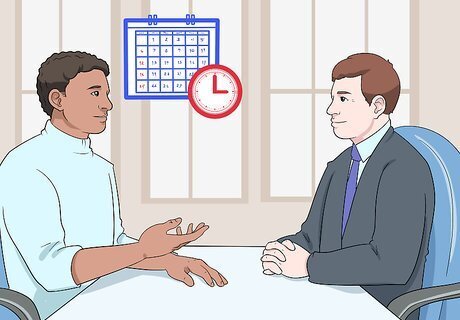
Schedule an appointment. If your answers are not found in any external resource then go ahead and schedule an appointment with your advisor. Make sure to leave enough time before the appointment to account for any mishaps that may come up.
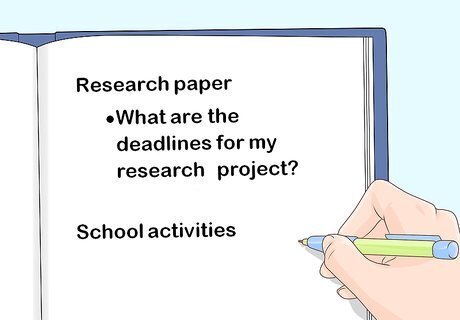
Plan out meeting.You already have your questions written down, so you can use your list as an outline to follow during your meeting. If you can group questions together that are about the same topic or uses the same website that will help with the flow of the meeting.
Attending

Arrive early to meeting. If you have completed step 3 correctly then you should have plenty of time to get the appointment early. It's always best to arrive 15 minutes before your appointment. Many advisors have meetings right afterward so you don't want to cut down on your time to ask questions.

Greet your advisor. It is always a great courtesy to greet someone with some quick small talk about their day or if they are feeling fine. This is a step that can be used on all human interactions

Use your written notes to guide you through the meeting. You should already have a good outline of the meeting. Use this flowchart to make sure you get all your questions answered.

Write down any good advice given by advisor and any questions that may pop into your head during the meeting. Advisors are very helpful and they try their best to explain things that you don’t understand, but while they are explaining, you may have a question pop into your head that wasn’t apparent before. It is better to write it down and ask it after so that you are not rude to your advisor and so you don’t miss out on the information that is being given now.

Ask your advisor the new questions. After writing down your new questions, go ahead and ask them, but you do want to keep in mind of the time restraint. They most likely have a meeting afterward with a fellow student so you don’t want to cut into their time.

Conclude the meeting. When you feel satisfied with the information you have been given it is best to start progressing into some small talk where you can get their information and then finally say goodbye. A conversation should flow so when you progress to small talk it helps ease into goodbyes instead of a sudden stop to the meeting.
Following Up

Review the new information given. It is best to review the new information you received from the advisor. This step is especially important for those who haven’t decided their major yet. Your advisor may give you some information about the choices you have that may require some research. Your advisor may also direct you towards other resources that they think you might like or that might benefit you.
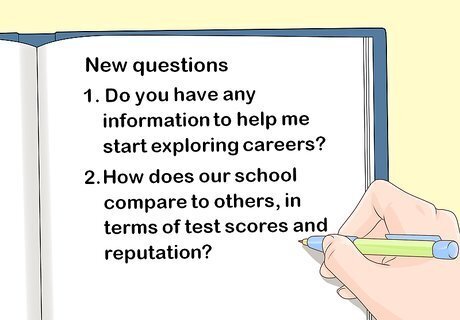
Write down any new questions. When your advisor gives you new information you will want to do more research. When you are doing research on the new information you have received. Some question may rise while you are reading. Write down your question so you won't forget it and email your advisor for clarifications.
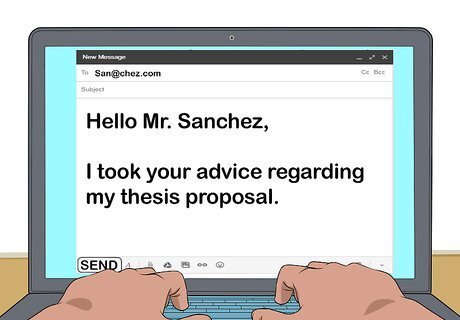
Write a follow up email. After a week or two, shoot your advisor a follow up email. It’s good to keep your advisors in the loop about the course of action you want to take. It may not seem like it, but most advisors want to hear back from you. Some even make it a priority of theirs to follow up with a student after their appointment.
















Comments
0 comment